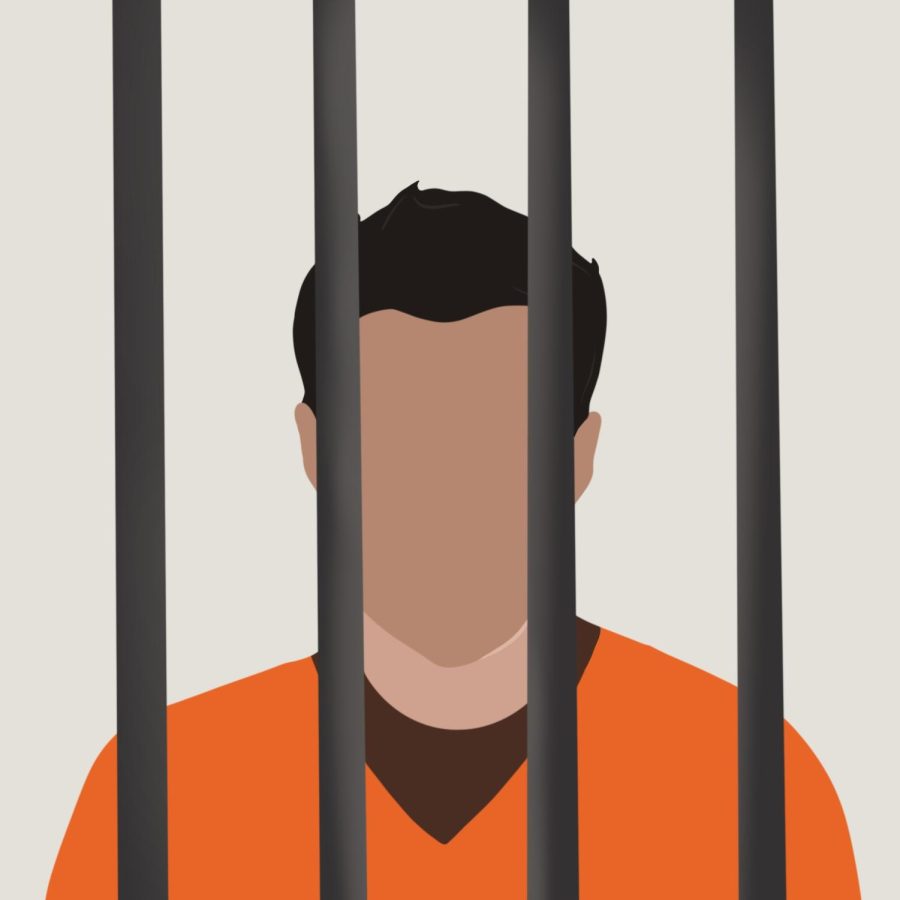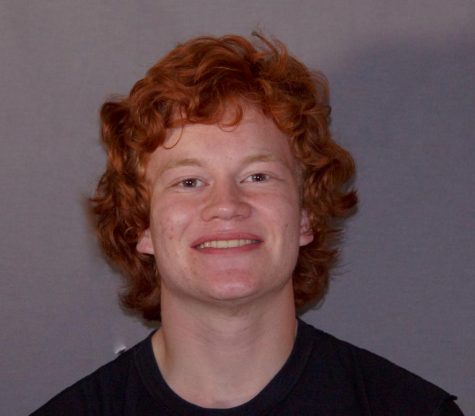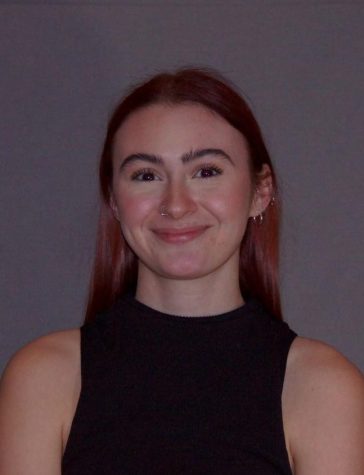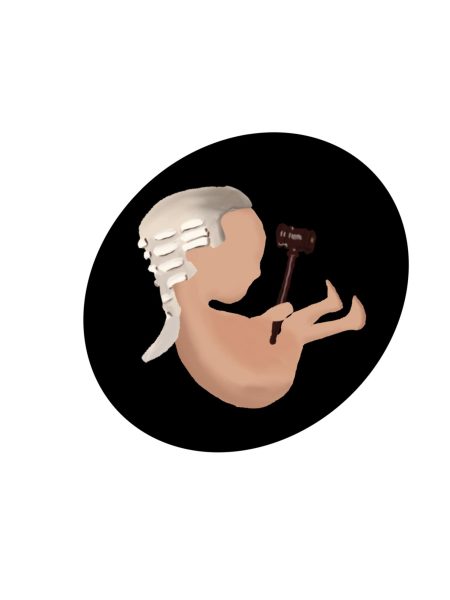When cops become criminals
October 11, 2022
How long will it take for police officers to be held accountable for their actions? What gives police officers the right to be the judge, jury and executioner? These are questions that have been swept under the rug by the COVID-19 pandemic, with many news outlets choosing to focus on the pandemic rather than cases of police brutality. Unfortunately, very little is being done to change the systems that allow police officers to get away with murder. Since the murder of George Floyd on May 25, 2020, multiple trials have occurred, and the officers involved are starting to face the consequences of their actions.
Derek Chauvin, the police officer who knelt on Floyd’s neck for over nine minutes, pleaded guilty in 2021 to willfully depriving Floyd of the constitutional right to be free from the unreasonable use of force by police officers. He received 252 months in federal prison, but the other officers on the scene at the time have received lighter sentences. How can standing by while your co-worker commits an act of murder be treated as anything less than acting as an accomplice to the crime?
The recent sentences of the former officers, Thomas Lane and Tou Thao, serve as a sign that police officers can be held accountable for their actions, but only when made a public matter. The sentences for these two officers are only 36 months and 42 months, respectively. When police officers violate our rights as American citizens, who is there to hold the cops accountable? Other cops? The process of self-review and officers holding each other accountable is ineffective, and this is due to the ideas and values that are upheld within police departments all across the country. Those who blow the whistle on their criminal co-workers are punished harshly and even fired, while the ones violating the rights of citizens get a slap on the wrist in the form of a suspension.
The systems in place are being challenged by movements like Black Lives Matter and Antifa, who led riots in cities across America, directing millions of people to share the story of Floyd. This created a civil rights movement seemingly overnight as thousands of people called for the prosecution of the officers involved. The arrest and prosecution of Chauvin set an example for a future where police officers are held accountable for their actions while on the job.
If someone was not standing by and filming during the murder of Floyd, would Chauvin be facing the same repercussions? Or would he have gotten a slap on the wrist after filing a false report of the events? Too often police officers cover for their coworkers’ illegal actions while working, but since the death of Floyd, measures like body cams on all police officers have become commonplace and are a step toward holding cops accountable.













